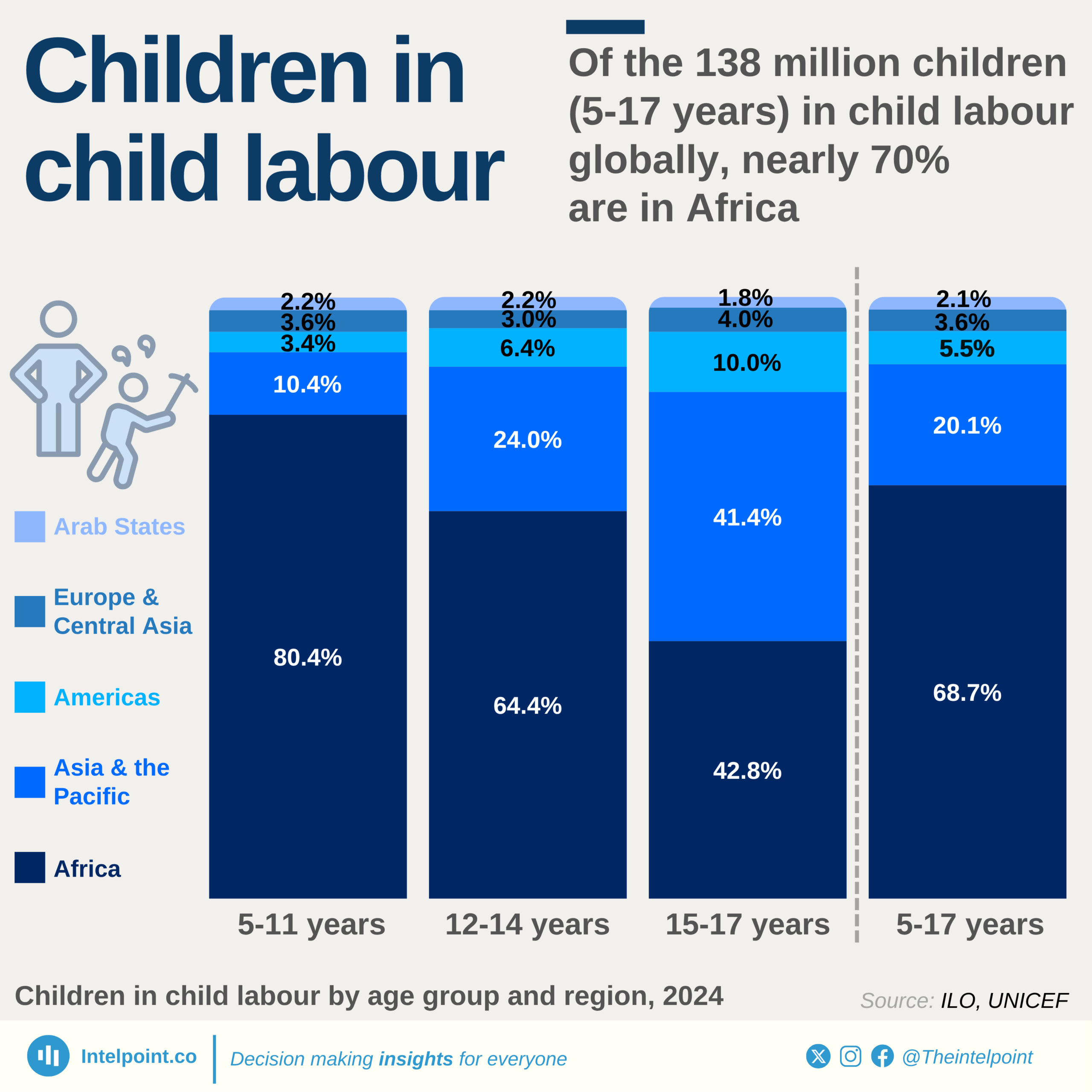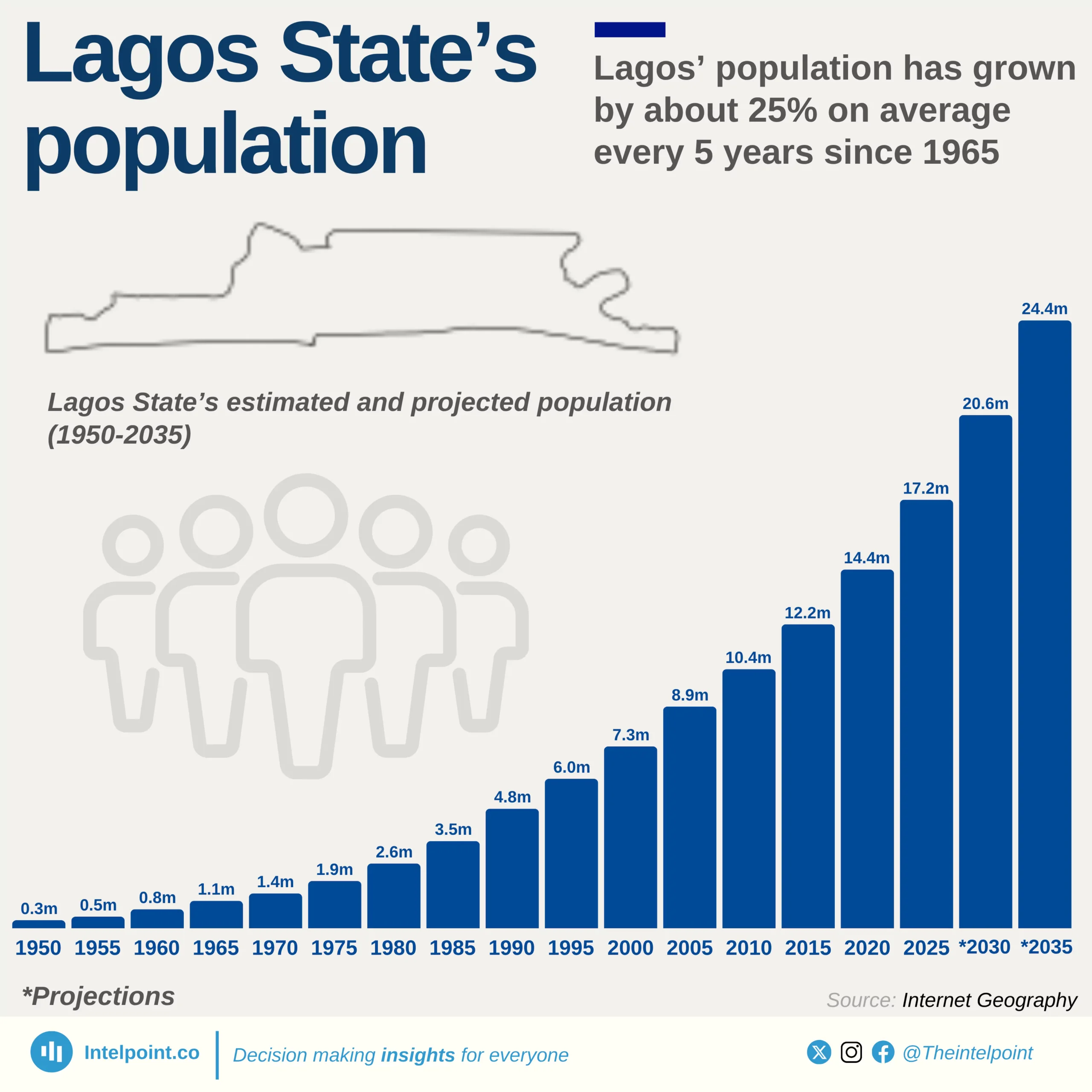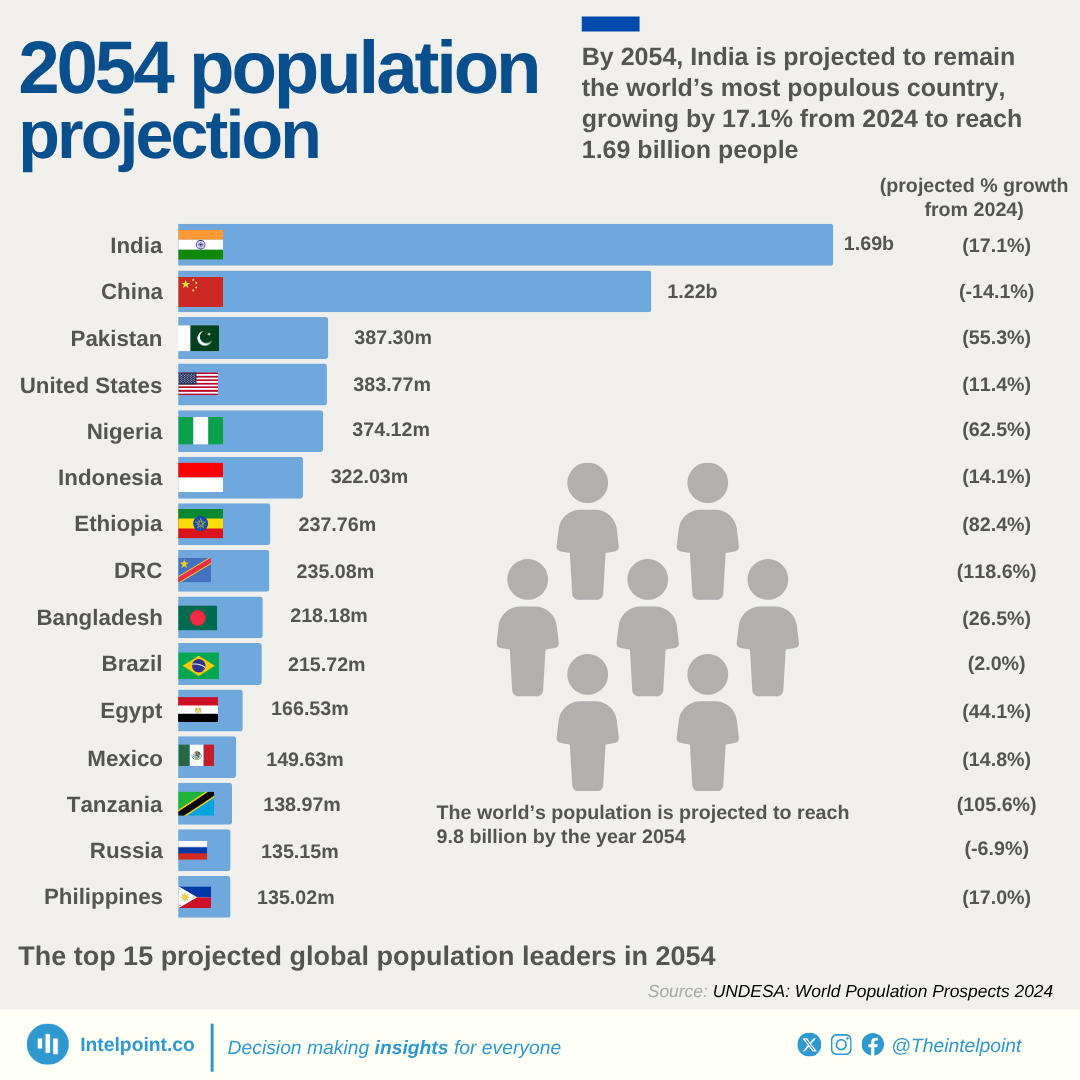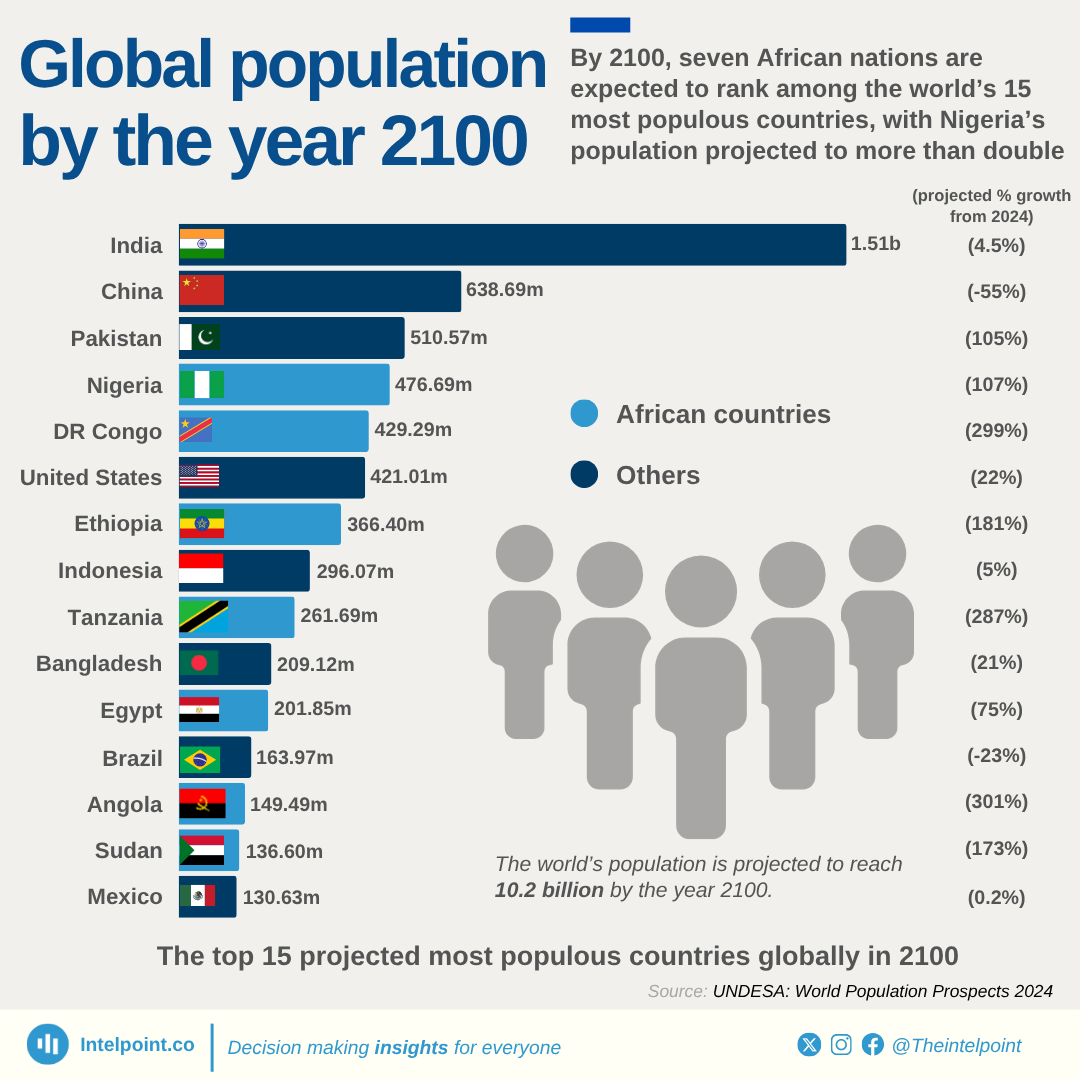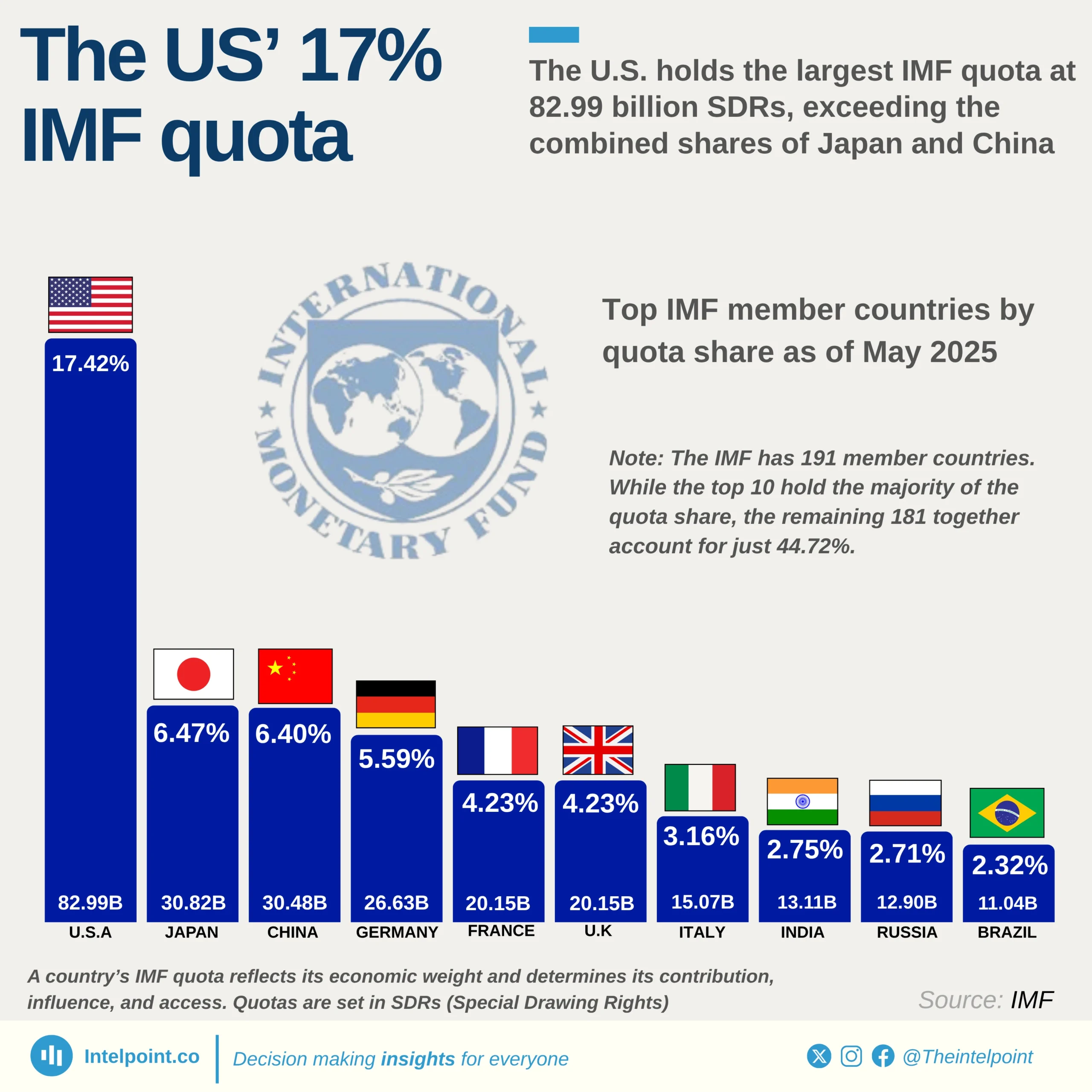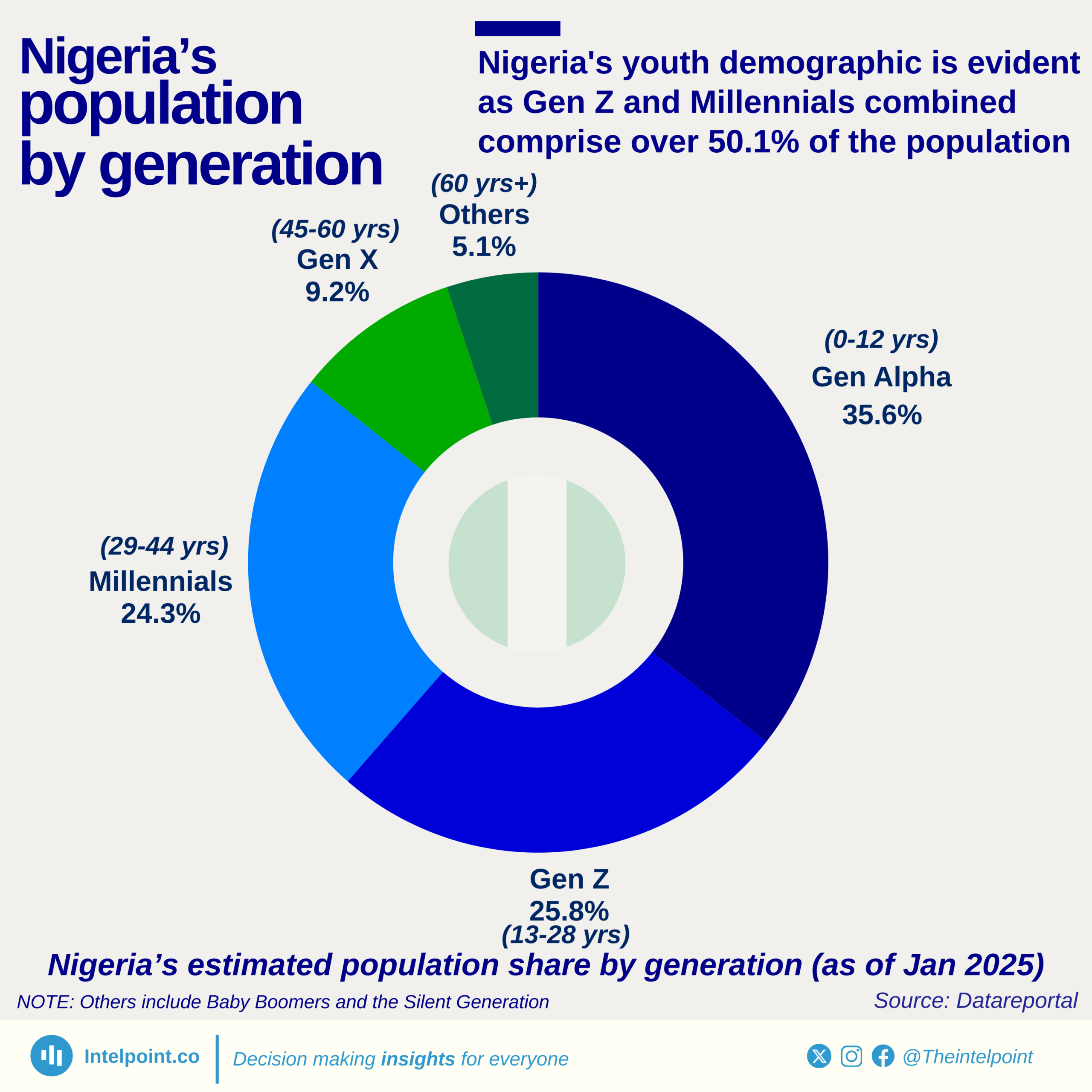In the world's top 1,000 scrabble players' ranking, Nigerians occupy 156 positions, marking the highest representation from any country. According to ratings by the World English-language Scrabble Players' Association (WESPA), the top 1,000 players are from 43 countries.
